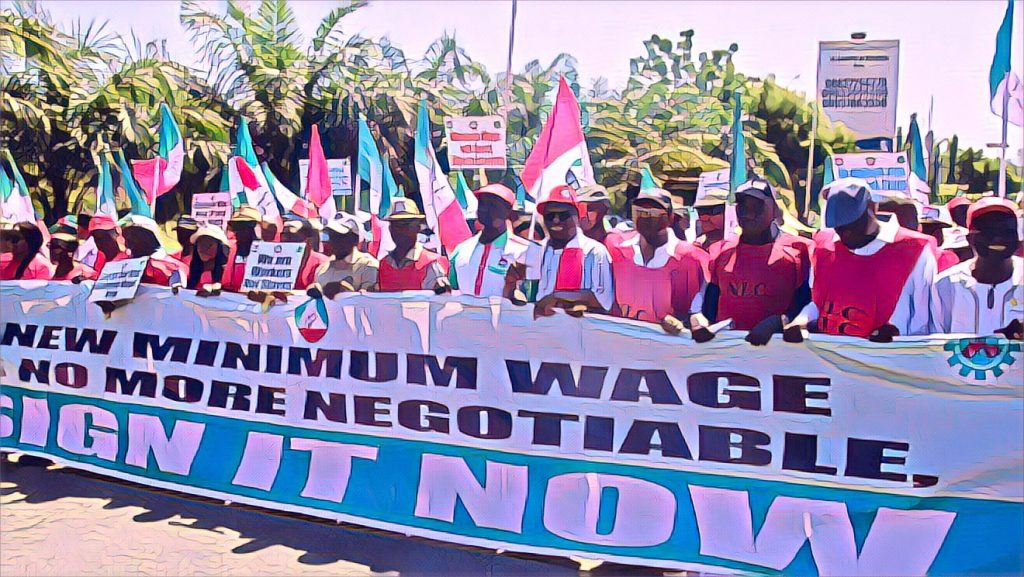NECA: States Have No Excuse to Pay Below New Minimum Wage
The Nigeria Employers’ Consultative Association says states have no excuse to pay below ₦70,000 minimum wage.
It cited rising federal allocations and urged governors to prioritize workers’ welfare amid tough living costs.
The Nigeria Employers’ Consultative Association (NECA) has insisted that state governments cannot justify paying less than the recently approved ₦70,000 minimum wage, pointing to higher federal allocations and the rising cost of living nationwide.

The association’s Director General, Adewale Smatt-Oyerinde, made the statement during an appearance on Channels Television’s The Morning Brief. He explained that the increase in monthly revenue from the Federation Account weakens the argument of governors who claim they cannot meet the new wage benchmark.
President Bola Tinubu signed the new wage law in July 2024 after months of discussions with organized labour, business leaders, and legislators, raising the national minimum from ₦30,000 to ₦70,000. Since then, some states have announced figures above the threshold. For instance, Imo State recently approved ₦104,000, while Ebonyi set its minimum at ₦90,000.
Smatt-Oyerinde argued that no state should claim it lacks the resources to pay above ₦70,000, especially considering the economic strain on citizens. “With the pressure of fuel costs and the urgent need to improve food and housing security, workers deserve more than just the minimum,” he said. “Once those critical areas are addressed, ₦70,000 will carry greater value for the average household.”
He further explained that workers are essential to the functioning of both government and the private sector, stressing that inadequate wages reduce efficiency. According to him, an employee dealing with hunger, high rent, and transport problems cannot give their best on the job.
The NECA chief urged state governors to recognize civil servants as the driving force of governance and economic stability rather than viewing them as liabilities. He also referenced the International Labour Organization’s stance that employees should never be treated as mere commodities.



